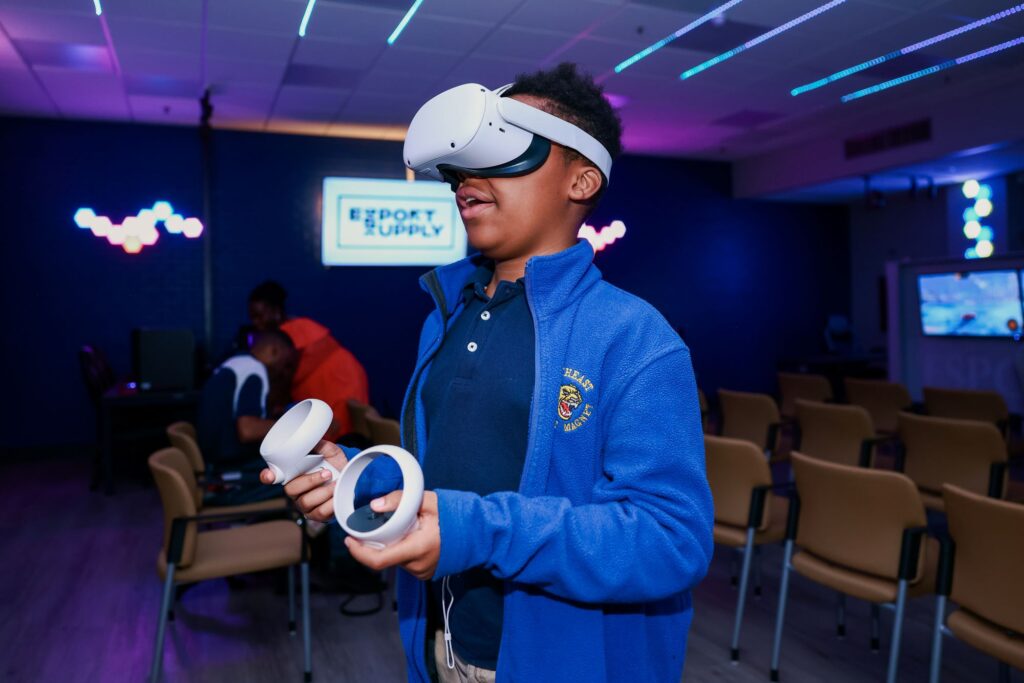
Gaming is often thought of as a leisure activity, but it can provide numerous benefits for STEM development. From improving problem-solving skills to fostering creativity and encouraging collaboration, gaming can be a valuable tool for educators looking to engage students in STEM subjects.
In this blog, we’ll explore five facts on how gaming can help STEM development and provide ideas for incorporating gaming into STEM education.
Whether you’re a teacher looking for new ways to engage your students or a parent looking to support your child’s STEM learning, this blog will provide valuable insights and ideas for using gaming to enhance STEM education.
Gaming can improve problem-solving skills
Many games require players to solve puzzles or challenges to progress.
This can help improve problem-solving skills and critical thinking skills, which are essential for success in STEM fields.
Gaming can foster creativity
Many games require players to come up with creative solutions to problems or to think outside the box.
This can help foster creativity and encourage students to think creatively when approaching STEM projects or challenges.
Gaming can improve spatial reasoning skills
Many games, particularly strategy games or puzzle games, require players to think in three dimensions and manipulate objects in space.
This can improve spatial reasoning skills, which are important for subjects such as geometry and engineering.
Gaming can teach coding skills
Some games, particularly educational games or games designed for younger children, can teach basic coding skills.
This can be a fun and engaging way for students to learn coding and can help prepare them for more advanced STEM subjects.
Gaming can encourage collaboration
Many games require players to work together as a team to succeed. This can encourage collaboration and teamwork, which are essential skills for success in STEM fields.
Gaming can provide numerous benefits for STEM development, including improving problem-solving skills, fostering creativity, improving spatial reasoning skills, teaching coding skills, and encouraging collaboration. By incorporating gaming into STEM education, educators can provide students with an engaging and rewarding way to learn and prepare for careers in STEM fields.
Learn more about how esports could benefit your students
In conclusion, esports spaces in schools offer numerous benefits for preparing students for careers in the gaming industry. From developing teamwork and communication skills to providing networking opportunities and improving physical and mental health, esports spaces are a valuable resource for students looking to enter the gaming industry.

